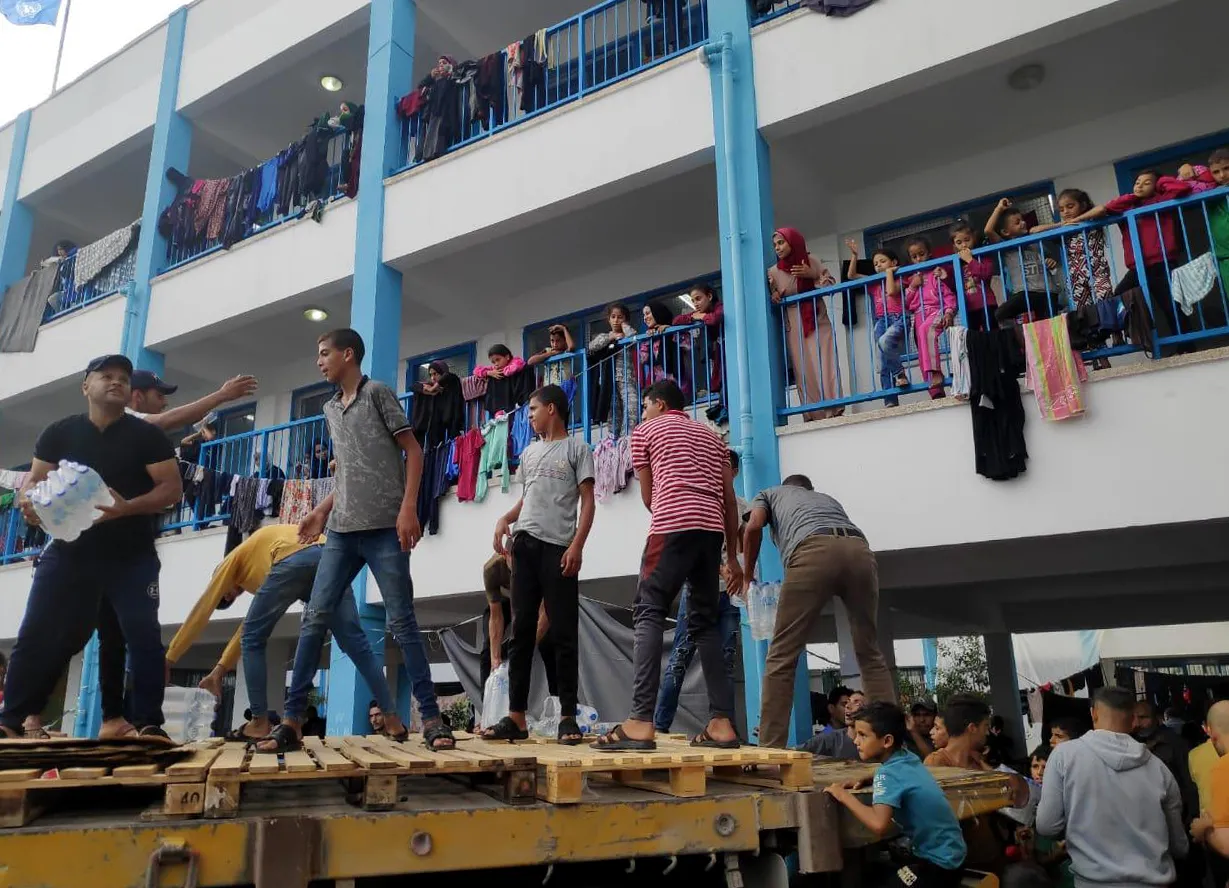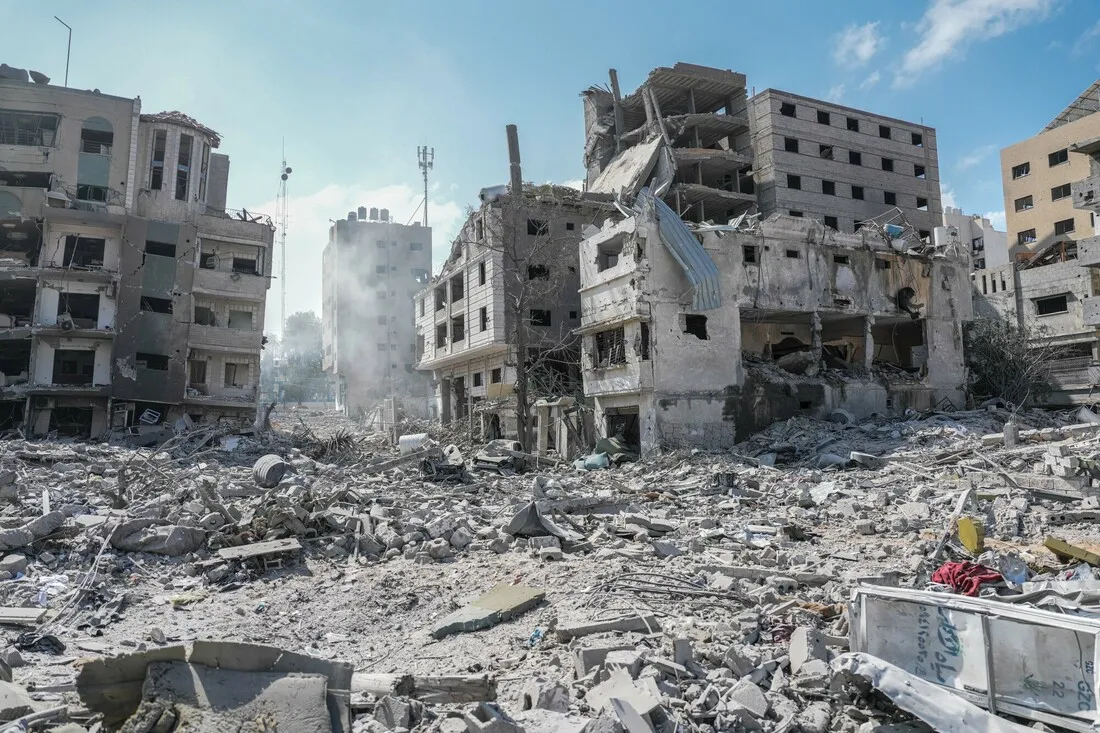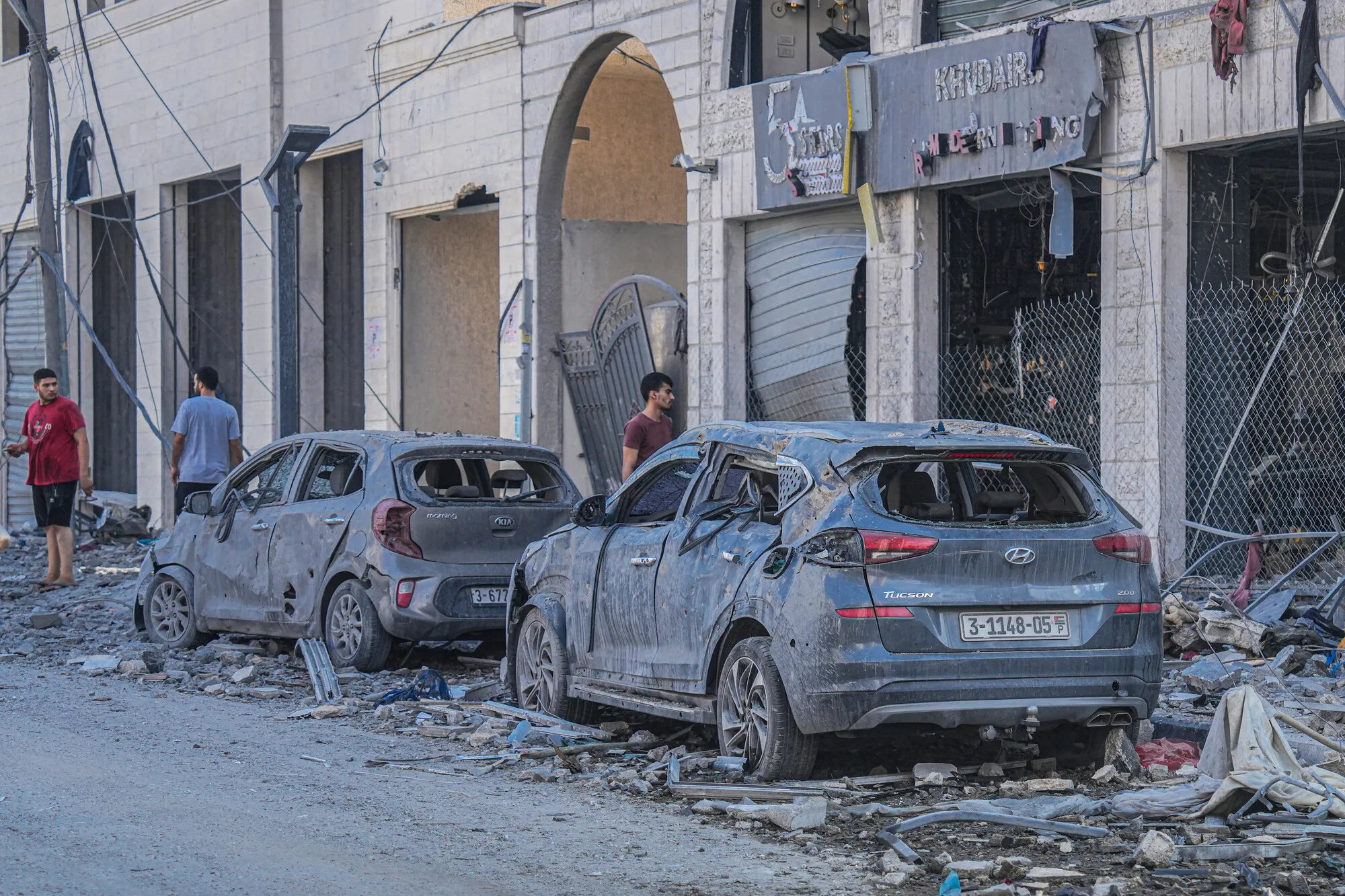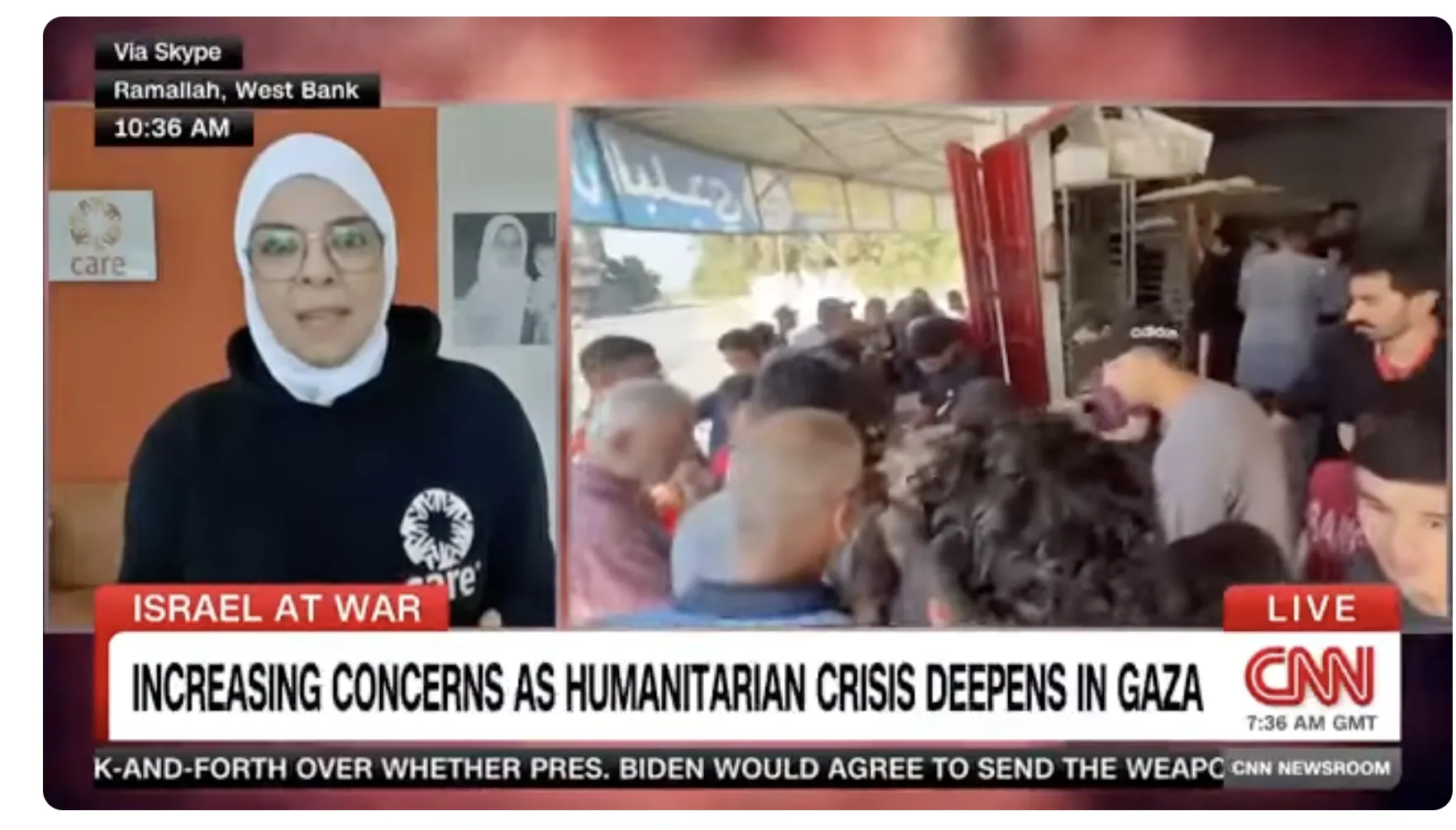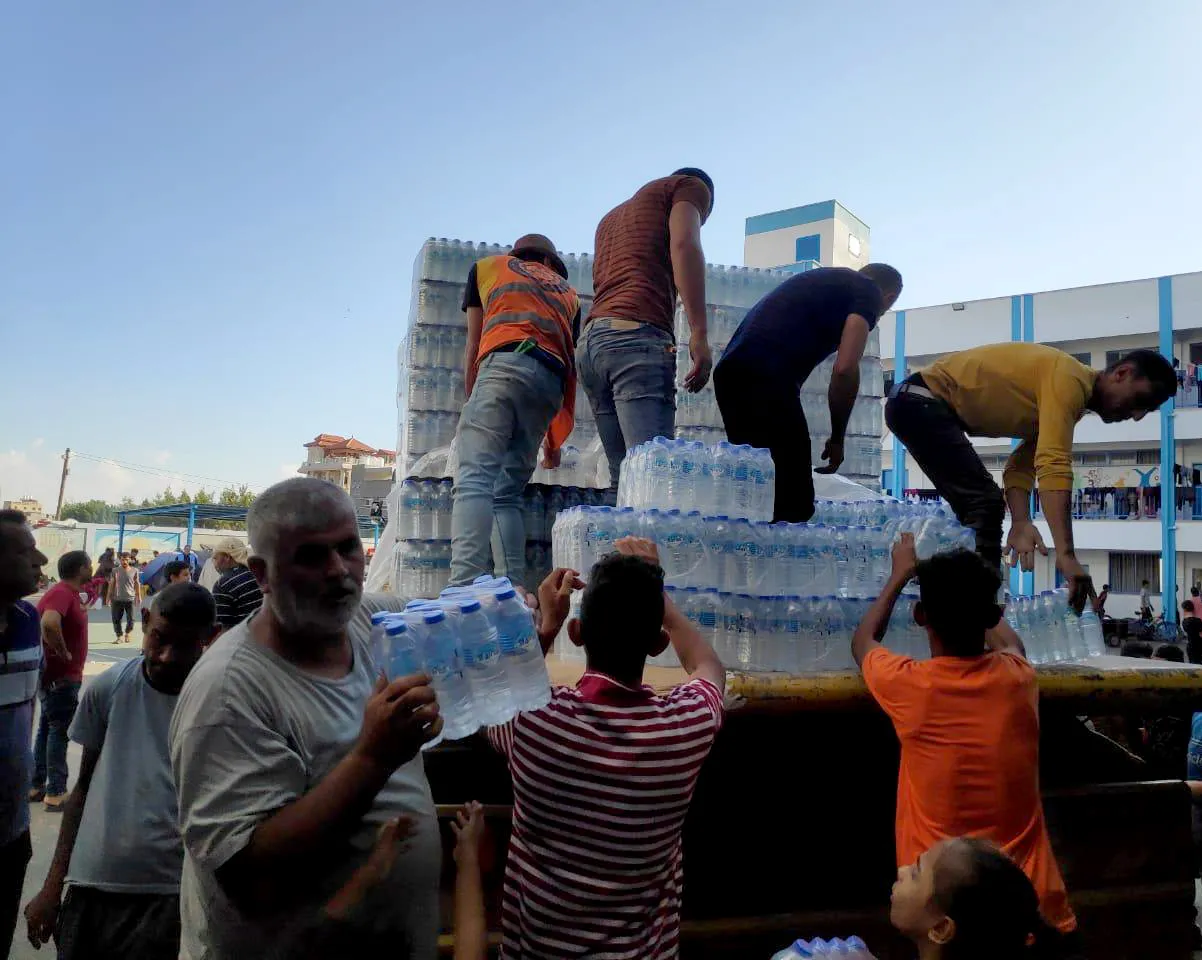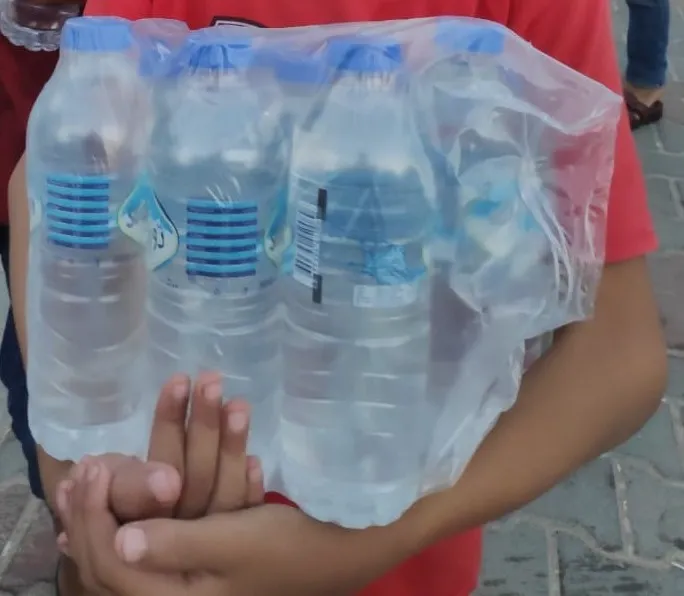Hiba is speaking on Tuesday, four days after the Israeli authorities ordered the people living in northern Gaza to evacuate.
Hiba is in Ramallah, and from here, she’s helped coordinate the evacuation of CARE’s staff, who, along with the nearly million others in Gaza, have had to take extraordinary measures to get out of what they were told was the most immediate danger.
“I was in the south about a month ago,” Hiba says, “And the journey that has taken them 16 hours only took me 20 minutes in normal times.”
These are clearly not normal times.

